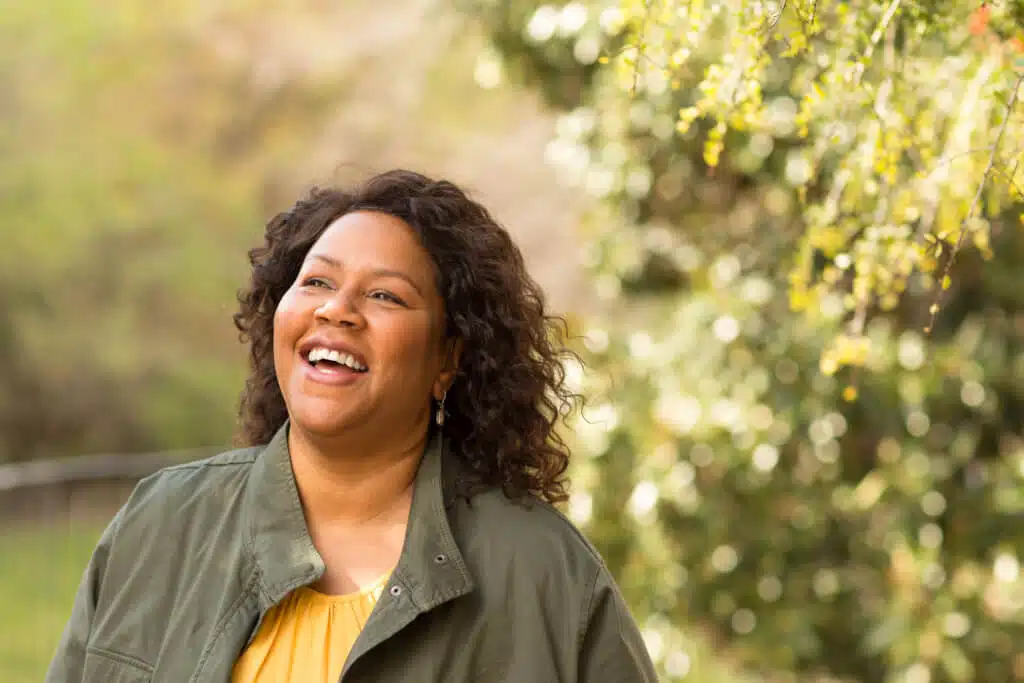Birth control
Let’s help you find the one.
Pills, patches, rings. It’s easy to get lost. We can help you find contraception tailored for you.
Talk to us about your health, order birth control online and get it delivered from our licensed pharmacy.
In a nutshell, birth control reduces your risk of getting pregnant. Certain types of hormonal birth control also have the added benefit of reducing some of the uncomfortable symptoms you may get around your period, and can make your period lighter and more regular.
You can take birth control for as long as you want to. Or you can switch methods or stop using it if you want to have a child. Some types of hormonal birth control are better for specific health issues or age ranges. So it’s good to check in with your clinician every now and then to make sure your birth control is still right for you.
Hormonal contraception is only available by prescription in the US. Our clinical team will help you narrow down the best option because there are quite a few out there, and it’s not a one-size-fits-all type of deal.
There are four types of hormonal birth control that you take by yourself, and a few others where you’ll need a bit of guidance from a clinician or nurse before you use them.
At Treated, we carry both the combined oral contraceptive pill (COCP), which contains progestin and estrogen, and the progestin-only pill (POP), also called the mini pill. Pills need to be taken every day at around the same time to be most effective.
We also have the patch, which is applied to the skin like a sticker and changed once a week, and the vaginal ring, which is inserted once a month.
Other types of birth control include the depo shot, the IUD (hormonal and non-hormonal) and the implant. You can’t use those without a clinician or nurse though so we don’t offer them. There are also condoms, female condoms and the diaphragm, which you can get at a pharmacy and are great back-up options if you’re ever worried about your protection.
It depends on you, really. If you like the security of taking something every day and knowing you’re protected, we recommend the combined pill or mini pill. If you’d like a more low-maintenance option, the weekly patch may be better. And if convenience is your thing, the monthly ring might be the way to go.
Formulations make a difference too. Some women prefer pills with a higher estrogen dose, because it helps them with symptoms like vaginal dryness or low sex drive. Others prefer a lower estrogen dose, because they’ll be less likely to get water retention or heavy periods.
The progestin-only pill is good for women who can’t take estrogen because of health factors, or who are breastfeeding.
So it’s very much a case of personal preference, and your health background. But we can talk you through all your options.

How we source info.
When we present you with stats, data, opinion or a consensus, we’ll tell you where this came from. And we’ll only present data as clinically reliable if it’s come from a reputable source, such as a state or government-funded health body, a peer-reviewed medical journal, or a recognised analytics or data body. Read more in our editorial policy.
All four of the main types of hormonal birth control (combined pill, mini pill, patch and ring) are over 99% effective when they’re used exactly right. That’s what clinicians call “perfect use.” This 99% effectiveness means that if 100 women use one of these types of birth control for one year, fewer than one will get pregnant.
“Typical” use is a bit less perfect and a lot more realistic. If you use contraception but make occasional mistakes, like forgetting a pill or putting a patch on too late, the effectiveness drops to between 91% and 94%. That means that six to nine women out of a hundred would become pregnant over the course of a year.
The best way to make sure your birth control is as effective as possible is to take it exactly as directed, which is why it’s important to find the method that works best with your lifestyle.
Hormonal birth control reduces your chances of pregnancy by changing the normal hormonal cycle in your body. It prevents ovulation, when the ovary releases an egg into your uterus.
The hormones in birth control also keep the walls of your uterus from growing thicker with your cycle. When the uterine wall is thin, it’s more difficult for an egg to attach to it and grow.
The progestin in hormonal birth control also changes the thickness of cervical fluid. This time, the hormones make it thicker. And sperm have a harder time making it through to an egg as a result.

How we source info.
When we present you with stats, data, opinion or a consensus, we’ll tell you where this came from. And we’ll only present data as clinically reliable if it’s come from a reputable source, such as a state or government-funded health body, a peer-reviewed medical journal, or a recognised analytics or data body. Read more in our editorial policy.

How we source info.
When we present you with stats, data, opinion or a consensus, we’ll tell you where this came from. And we’ll only present data as clinically reliable if it’s come from a reputable source, such as a state or government-funded health body, a peer-reviewed medical journal, or a recognised analytics or data body. Read more in our editorial policy.
Have something specific you want to know? Search our info below, or ask our experts a question if you can’t find what you’re looking for.
Family planning/ Contraception. Who.int.
Sticker that works just like the combined pill. Slowly releases hormones that prevent pregnancy into the body.
Small round piece of plastic that you insert into the vagina once a month, and works just like the pill.
Pregnancy protection. Help with PMS. Find the birth control pill that works best for you.
The pill, but without oestrogen. Better option if you get migraines or side effects on combined birth control.

Registered with NPI (No. 1700446366)
Meet Laurenmarie
Registered with GMC (No. 4624794)
Meet Daniel
Registered with NPI (No. 1043478878)
Meet Joseph
Always read the leaflet that comes with your medication and tell us about any side effects you get.
We know health, but you know you.
Our experts tell you what’s safe, but you decide what’s best.
Answer a few questions and tell us about yourself. Get tailored advice from our clinicians so you can choose better.
Choose your treatment and how often you have it delivered.
We know things change. It’s the nature of life. We’ll check in regularly to make sure your treatment is still right for you.
Pause. Change. Skip. Start again. Any time you like.
Here are some other things we can help with.
All the info related to Birth control you could ever need.
Take a look at our health guides.

If you’re thinking about contraception, you might have wondered about birth control for acne as a secondary use. Certain birth control pills can help alleviate the symptoms of acne, and birth control pills for acne can also be prescribed solely for that intention.
Read more
It’s natural to worry about your weight when you start taking the birth control pill. It contains lab-made versions of estrogen and progesterone which, when introduced into the body, can cause a number of side effects. Noticing changes when you take the pill is entirely normal.
Read more
Find treatment Male health Erectile dysfunction Hair loss See more treatments Female health Birth control See more treatments General health Weight loss Stop smoking See more treatments Popular treatments Sildenafil (Erectile dysfunction) Propecia (Hair loss) Yasmin (Birth control) Saxenda (Weight loss) See more treatments FAQ Search Sign in Contact us Fact checked Fact checked This […]
Read moreWe're making healthcare more about you. Sign up to our newsletter for personalised health articles that make a difference.
Disclaimer: The information provided on this page is not a substitute for professional medical advice, diagnosis, or treatment. If you have any questions or concerns about your health, please talk to a doctor.
We couldn't find what you're looking for.
Here's everything we treat. Or, if you're looking for something we don't have yet, you can suggest something.
If there’s a particular treatment or condition you’re looking for, tell us and we’ll look into it for you.
Submit your question here, or tell us if you’ve found an issue on our site.
You can continue as a guest, or sign in with your Treated account if you have one.
By clicking 'Subscribe now' you're agreeing to our Privacy Policy.
You’re signed up to our newsletter. Keep an eye on your inbox for our latest update.
We’ll get back to you very soon. We aim to respond to all queries in one working day.
We’ve sent you an email asking you to confirm your email address.